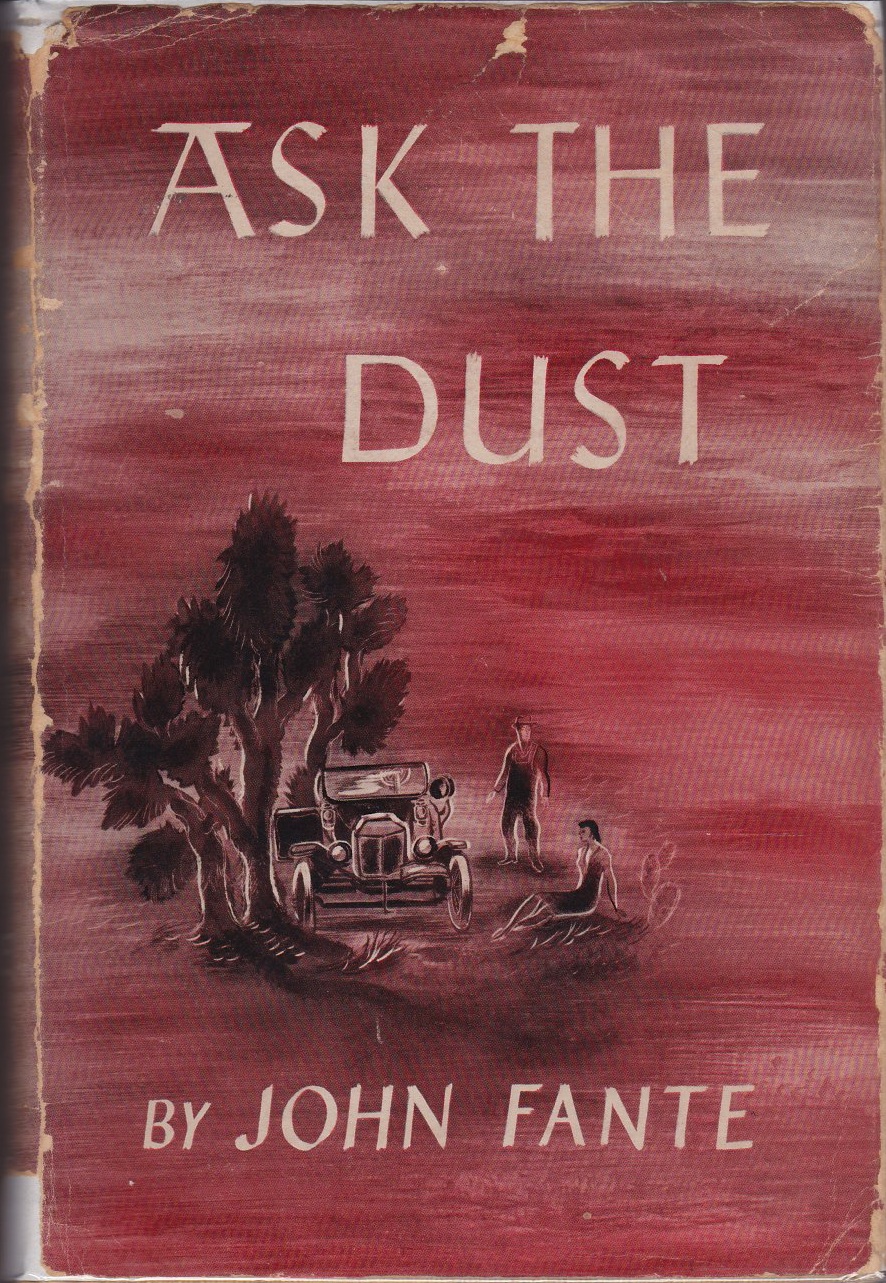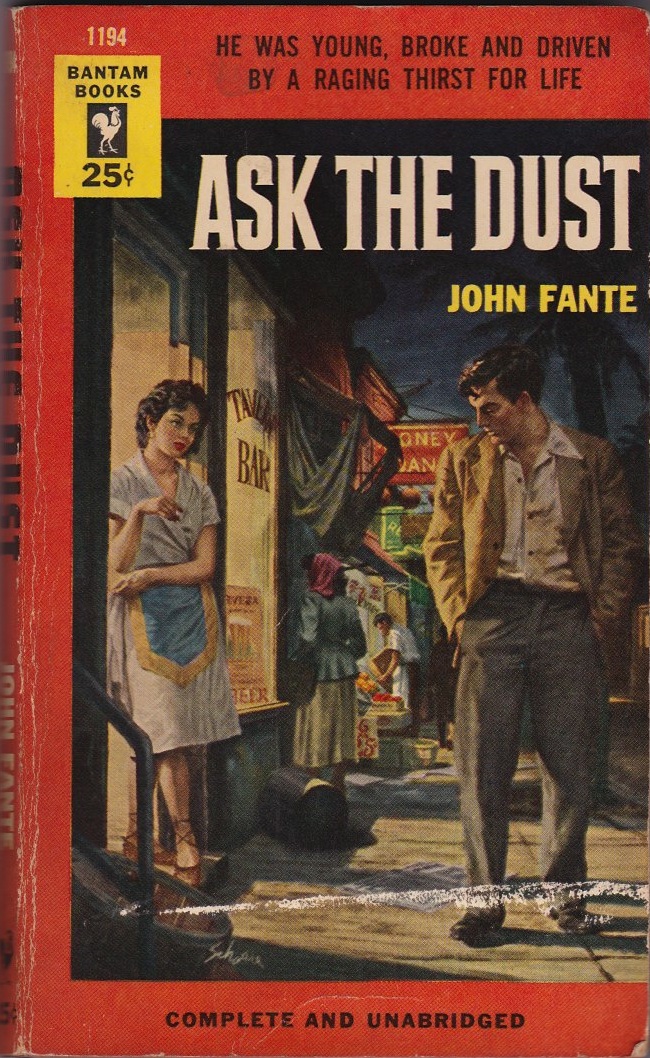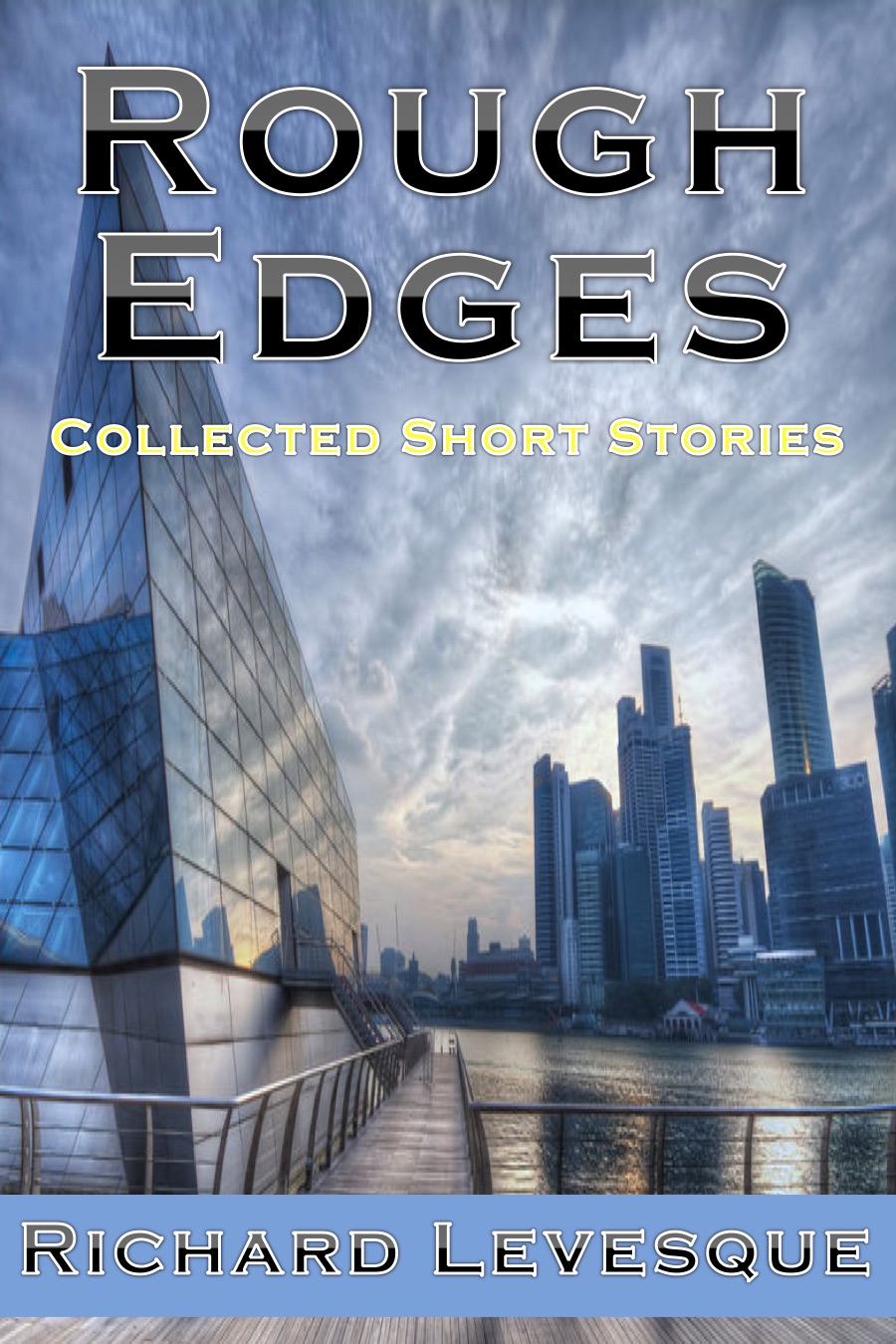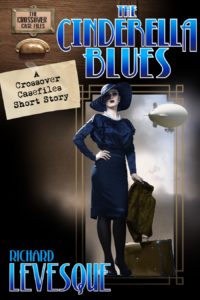Arturo Bandini: Patron Saint of Struggling Writers
A couple of weeks ago, in the middle of a Free Kindle promotion for Take Back Tomorrow, my book made up into the Top 5 on Amazon’s “Free Science Fiction” list. For about a day, I was hobnobbing with the likes of David Drake and Jules Verne in terms of downloads. And, absurdly, I heard a little voice in my head saying, “Hiya, David. How are things around here, Jules?”
It took only a second for me to realize who that voice belonged to: not me at all, but Arturo Bandini, the main character in several John Fante novels, most notably Ask the Dust (1939).
No, I’m not schizophrenic or in the habit of having conversations with fictional characters, not even those of my own creation.
It was just an odd, humorous thing that popped into my head, but it got me thinking about Arturo Bandini and why so many writers are drawn to his character and Fante’s books about him.
If you haven’t read Ask the Dust, I highly recommend it, even if you’re not a writer. And because you may not have read it, I won’t include any spoilers here. In a nutshell, it’s got two main plot lines: Arturo’s romantic struggles with volatile waitress Camilla Lopez, and his artistic struggles to get himself published and become a famous author. When the book opens, he’s had one story published in a national magazine and is riding a fame-wave of his own creation, imagining that this success has made him a Big Name and that everyone he mentions this to will be duly impressed.
In an early scene, Arturo visits the Los Angeles public library and imagines a conversation with the authors whose books his own will be rubbing covers with if it’s ever published. He says hello to H.L. Mencken (Fante’s real-life mentor) and others, confident that he belongs among their ranks.
And it’s that confidence that I think of as a defining trait of Arturo’s. He has a lot of others: arrogance, narcissism, self-doubt, racism, cruelty. Not a very admirable list. And let’s not even go into his sexual hang-ups.
But it’s his confidence that really stands out to me. He is determined, convinced, certain that he’ll be as famous a writer as those other authors in the library. Even as he counts his pennies and considers begging his mother for a loan, he’s still fantasizing about the day he will get out of the back of a limo with a fur-wearing blonde on his arm, surrounded by reporters falling over themselves to ask about his new book and what inspired it. And his answer always has to do with the thing he’s involved in at the moment he’s fantasizing.
If he’s trying to build up the courage to go with a prostitute, he imagines the moment as the kernel of his great novel. At one point, while swimming in Santa Monica Bay, he fears he may be drowning and even then manages to turn his fear into a literary fantasy that has him coming out on top.
In Charles Bukowski’s introduction to Ask the Dust, he writes about how he was so drawn to the book when he was young and struggling as a writer and found a copy in the same LA library that Arturo wanders around in. The book struck a chord for Bukowski, and he notes that he even thought of himself as Bandini in moments of strife, the identification giving him strength.
Bukowski’s not the only writer I’ve heard say he identifies with Arturo. But why? In many ways, he’s an extremely annoying character, so full of himself and his fantasies that he makes horrible choices in his day-to-day life. As I said before, he’s arrogant and kind of pathetic and in many scenes not very likeable.
I think writers are drawn to his character because he has a tenacity that many of us lack, that we know we should possess but don’t have the courage to pull off–maybe because we know we’d alienate the people around us the way Arturo manages to do.
And I think there is a certain arrogance one must possess if one wants to write and publish: to say I’m going to make up these characters and these situations and it’s going to be so good that people will want to pay me for it. That’s what you have to believe, after all. If you don’t, those rejections from agents and editors are going to squash you, and those weak or poor reviews at Amazon are going to weigh you down and keep your fingers from moving on that keyboard as you work on the next story or poem or book.
Arturo doesn’t give up. When he’s broke, he writes about being broke. When he’s heart-broken and lonely and desperate for love or sex or success, he writes about those things. And he writes, and he writes, and he writes. And he sends it out.
Does he succeed? I don’t want to give anything away. In the end, though, I don’t think Arturo’s successes or failures are what draw other writers to this book. Rather, it’s the way Arturo pushes himself to keep going despite his struggles. That’s the inspiration.
The takeaway for writers isn’t to turn themselves into arrogant jerks. Rather, it’s to work at being more tenacious, to build up a wall that the critics can’t breach. You have to believe in yourself and the things you’ve written, to believe in those things against all odds and in spite of all the evidence to the contrary that tells you to give up, that tells you you’ll never make it onto those shelves next Mencken and others–or that Amazon list in the company of Jules Verne.
Long live Arturo Bandini!
Amazon arturo bandini ask the dust charles bukowski david drake h l mencken john fante jules verne Kindle literature Science Fiction Take Back Tomorrow writers Writing









One Response
[…] Image Source: [1] […]
Comments are closed.